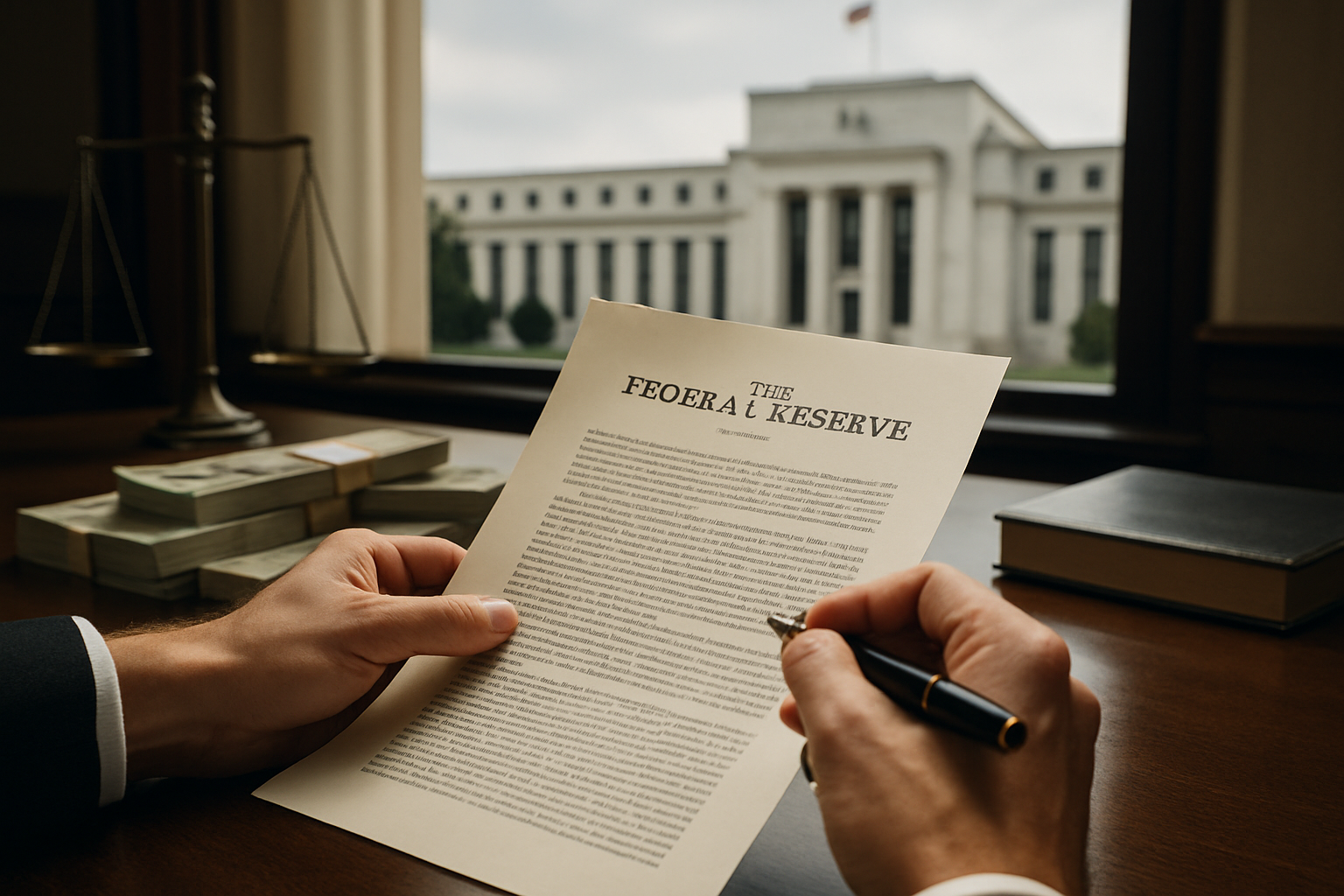Unveiling the Intricacies of the Federal Reserve System: Legal Insights and Implications
The Federal Reserve System is an integral component of the U.S. financial landscape. This article uncovers the legal intricacies of this complex institution, tracing its historical evolution, examining current legislative updates, and exploring its societal implications.

The Genesis of the Federal Reserve System
The Federal Reserve System was established in 1913 following the passing of the Federal Reserve Act. The Act aimed to provide the country with a more stable and flexible financial structure. Prior to this, the U.S. had faced several financial crises, leading to a call for a centralized banking system. The Federal Reserve was envisioned as an independent entity within the government, not owned by anyone and not a private, profit-making institution.
The Legal Framework of the Federal Reserve
The Federal Reserve operates within a legal framework that is both intricate and unique. The system is governed by the Federal Reserve Board of Governors, an agency of the federal government. The seven members of this board are appointed by the President and confirmed by the Senate. This structure ensures that the central bank operates independently within the government but is not immune from oversight and accountability.
Recent Legislative Updates and Discussions
In recent years, there has been a growing discussion around the transparency and accountability of the Federal Reserve. The Federal Reserve Transparency Act, often referred to as the ‘Audit the Fed’ bill, has been a significant part of this discourse. Though it has not been passed into law, the bill’s intention is to allow the Government Accountability Office to audit the Federal Reserve’s monetary policy decisions, a move some argue could compromise the institution’s independence.
The Impact of the Federal Reserve on Society
The Federal Reserve’s primary functions—controlling the money supply, setting interest rates, and supervising and regulating banks—have profound implications for society. These activities directly influence inflation, employment rates, and the overall health of the economy. Therefore, the decisions made by the Federal Reserve have a far-reaching impact on individuals’ financial stability and the country’s economic prosperity.
The Future Legal Landscape of the Federal Reserve
As the financial world continues to evolve, the legal landscape governing the Federal Reserve is bound to change. The rise of digital currencies and the potential for a Central Bank Digital Currency (CBDC) are likely to instigate discussions about new laws and regulations. The impact of these developments on the Federal Reserve’s role in the economy will certainly be a focal point of these discussions.
The Federal Reserve System is a complex but crucial part of the American financial system. Its legal intricacies, current legislative discussions, and societal implications make it a fascinating topic. As we move into the future, the legal landscape of the Federal Reserve will continue to evolve, reflecting the dynamic nature of law and government.






